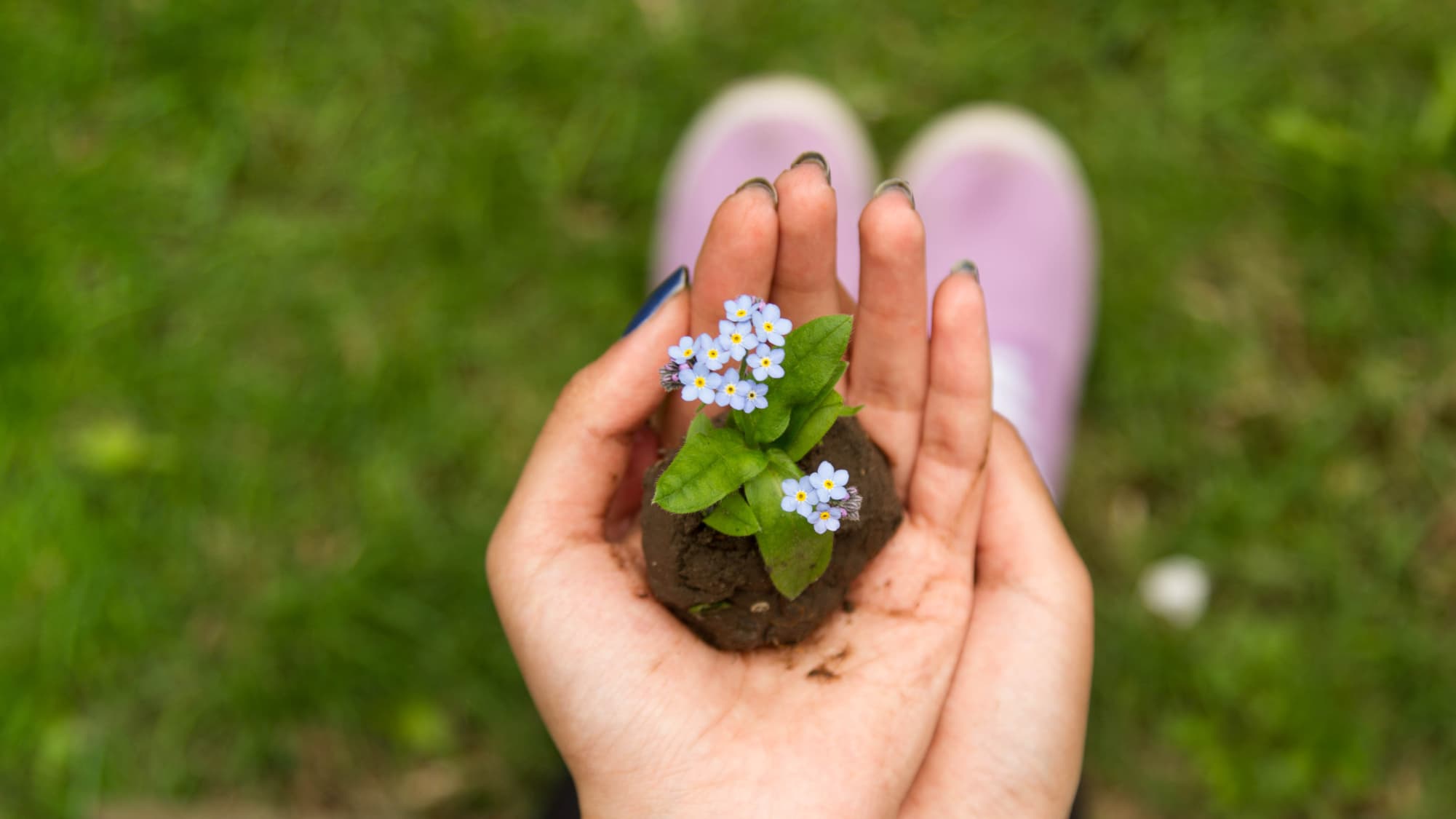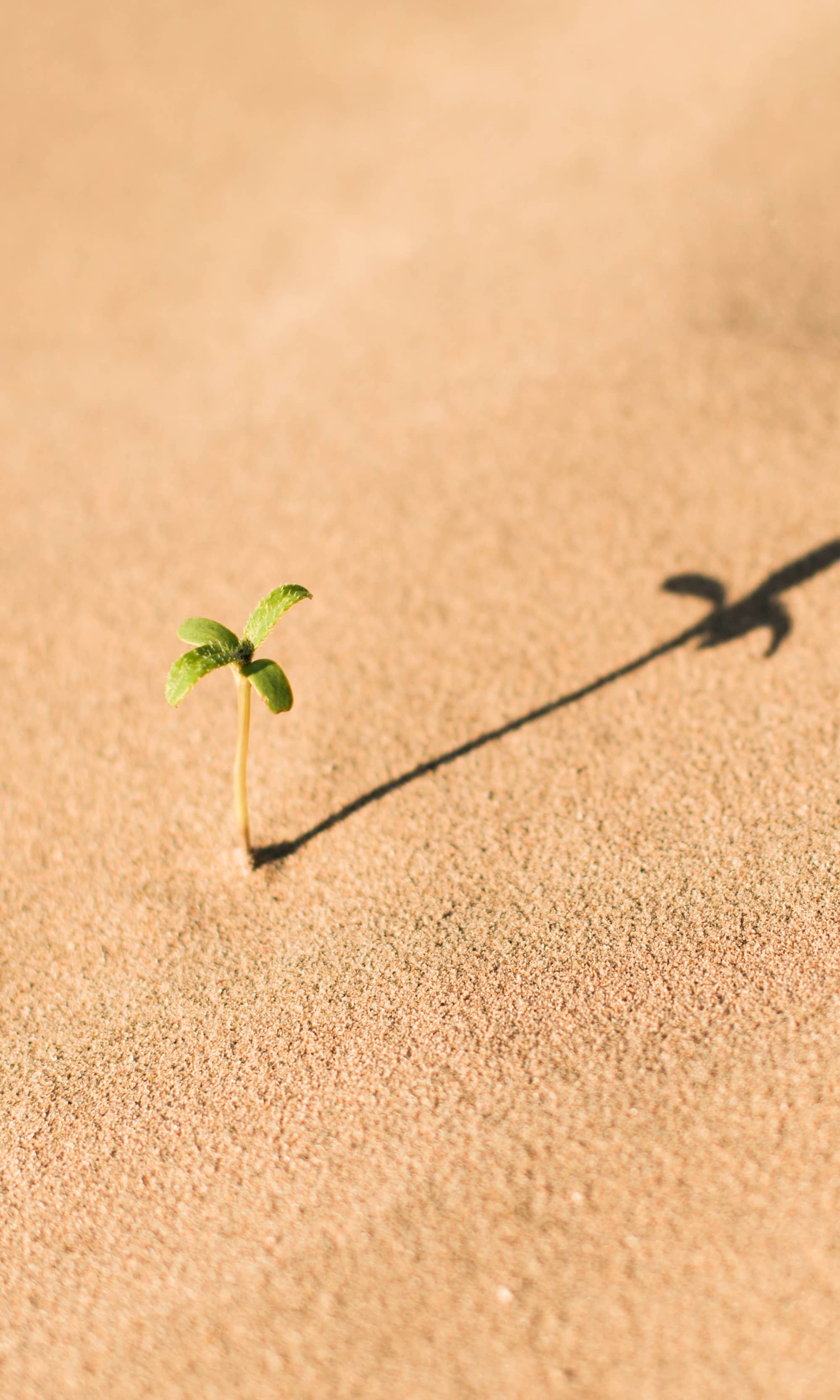
What enables us to flourish?
Positive Reflections
17th August 2020
Words: Lucinda Powell
Photos: Ben Seymour
I have been studying psychology for over 20 years now (as a student and a teacher), but it was only about 5 years ago that I came across positive psychology. Trying to break away from questions like ‘what makes us evil’ and ‘how does memory work’ it is trying to figure out how what enables us to flourish. At a time when my concern about the mental health of the young people I met in the classroom was increasing, this struck a chord. What simple things can we do to be happier? So I met with the work of Martin Seligman.
"Trying to figure out how what enables us to flourish."
But let’s go back a bit, to the less brilliant moments in my life - my teenager years. Though I hate to do this it will serve a point. Much of what I remember of the early to mid 90s it coupled with feelings of guilt, embarrassment and/or shame - the joy of being a teenager. I am sure there were happy moments (usually recalled when the Wonder Stuff’s ‘Dizzy’ comes on the radio) but they haven’t stuck in my mind as much. So I look back on my school days not through rose tinted glasses but grey tinted ones.
But why should memories play tricks on us like this, why do we remember the bad bits so well? So the psychology here isn’t going to be beautifully referenced but firstly let’s consider the work of Elizabeth Loftus: basically we are really bad at remembering accurately. She showed that we can plant false memories very easily, we can suggest things that didn’t happen so that they become part of an old memory or an entirely new one. So how many of my memories are accurate is hard to say. Then consider research of Brown and Kulik on Flashbulb Memory (this has now been supported by much more up to date research) we know that memory and emotion are closely linked. We are much more likely to remember an event if there is a significant emotion attached to it - for the older readers: where were you when heard about the Moon Landings, JFK, Princess Diana’s Death, the twin towers or more recently perhaps Will & Kate’s wedding. Most people have really clear recollections. But these are strengthened by the fact that we talk about them, if I come home from my day at work and am asked ‘How was your day?’ I will recall the event with the most emotional significance either positive or negative.
"How was your day?"
What does this mean on a day-to-day basis for our happiness, if I can only really recall the bad stuff that has negative emotions then I am surely going to be fairly miserable, and the answer is yes! I could go off here and talk about innate optimism and pessimism and how that might affect which memories we recall - but I am sure you get the picture. The good news is that there are really simple things that we can do to improve our mental health and wellbeing through reflecting on our memories - this is really helped by the fact that we take photos of absolutely everything
Have you noticed that Facebook loves reminding you of your ‘memories’ 5 years ago? Hopefully they also make you feel good when you see these moments. Simple reflection on positive memories can have a positive effect on your mood and well being. To further support this argument I chanced upon an article about the psychology of holidays in a 2015 issue of the British Psychological Society’s magazine and one bit caught my eye:"The more senses an experience engages, the more intensive and memorable it will be (Pine & Gilmore, 1998). So try to mindfully attend to holiday experiences: listen, watch, touch, smell, taste. According to the peak–end rule (Fredrickson, 2000), we remember particularly well the worst, the best and the last moments of an experience. For sweet memories, end your holiday on a high note instead of spending your last day off cleaning the apartment and packing. Back at home, use a holiday photo as a screensaver on your work computer, meet your new holiday pals again and cook your favourite vacation dish for them."So we return to Martin Seligman and his ‘three good things’. The idea is that you each day you reflect on 3 good things that have happened to you and the causes. It will simply make you feel better about yourself. But whilst I can do that easily for myself how can I encourage others to do this and this has been my challenge over the last few years.
"Three Good Things"
In my tutor group each week we had one morning dedicated to ‘cake and confessions’ - each student had to say one thing that they had done that week that had made them feel good about themselves (this ranged from Oxbridge acceptances to getting into school every day). In the classroom I get students to ‘tweet’ (write on a piece of paper and stick on a Twitter board) something good that happened during the lesson. At home I make my family write down special memories that go into a jar to be looked over in that miserable period between Christmas and New Year. I put together photo albums that I print out and we look at as a family and remember happy moments and funny moments.
I recognise that sometimes it is hard to find positives, so I collated a list of questions that you can respond to on those days when finding those positives is more difficult. I write a positive reflection journal every day (given to me by one of my tutor groups who participated in cake and confessions) and believe me there have been periods when I have really struggled with the positives, but there is always something, even if it isn’t immediately obvious (a piece of chocolate, a kind hug, birdsong, acknowledging your own strengths, exercising, a peaceful moment).The next obvious step then is to use the images we take daily on our cameras to collate positive memories. To make a digital scrap book of all the most amazing moments of our lives, our families so we can look back at our lives with rose tinted glasses and consign the grey tinted ones to the scrap heap!
Note: This was a guest article, written by Lucinda Powell. Lucinda is a former psychology teacher, working with schools and organisations to empower them to improve #mentalhealth and wellbeing in young people. You can learn more about Lucinda, or get in touch with her via her website: 'Changing States of Mind'.



